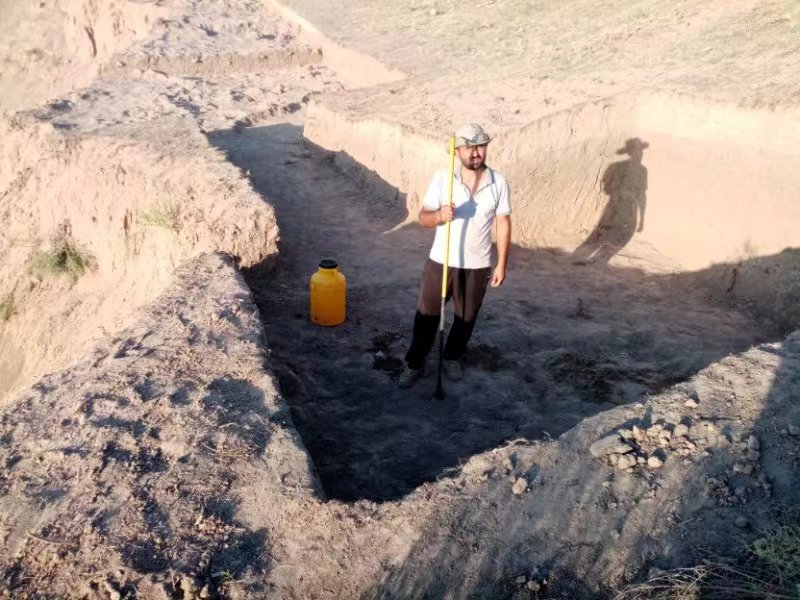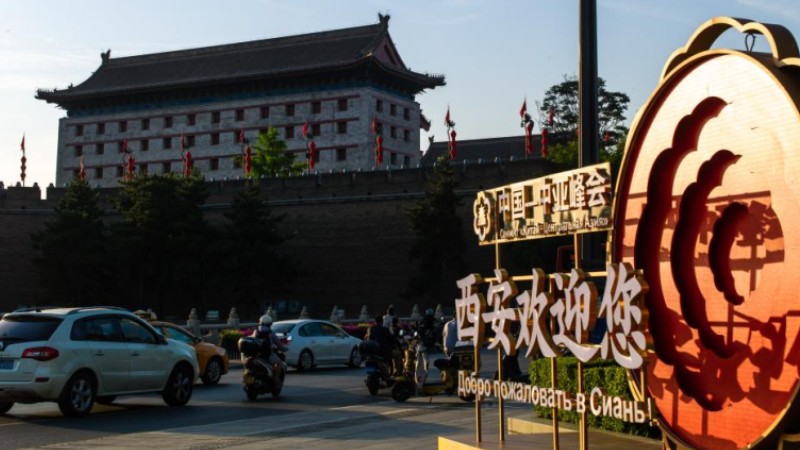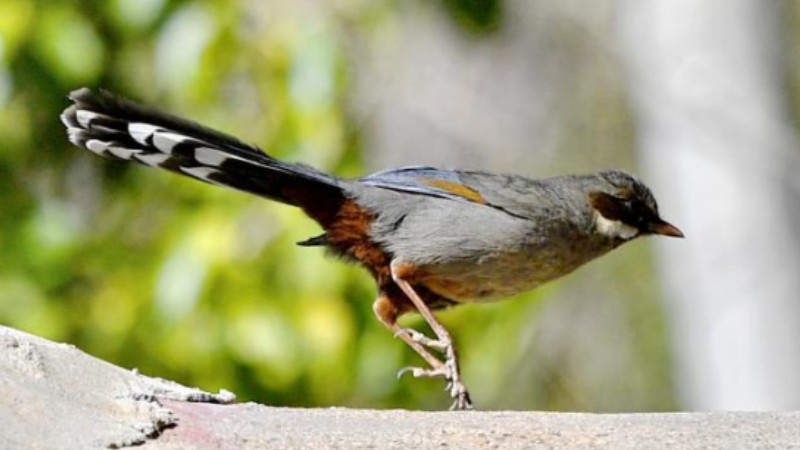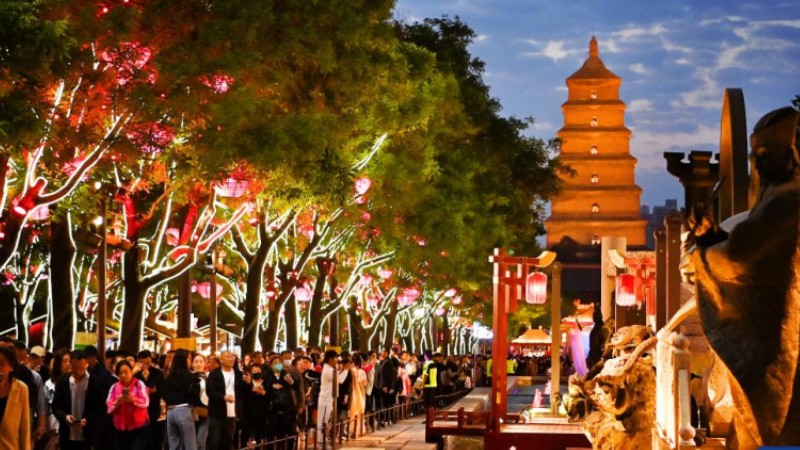An Uzbek archaeologist's perspective on China-Uzbekistan cooperation

Nasibillo Kambarov, the author of the story. ?(Photo courtesy of Nasibillo Kambarov)
The China-Central Asia Summit will be held soon in Xi'an, China. I'm confident that cooperation between China and Central Asian countries will be more fruitful in the future. As an archaeologist, I anticipate seeing how this summit will help China and Central Asian countries deepen cultural exchanges and collaboration.
Uzbekistan boasts a long history as a nation along the Silk Road. The Silk Road is not just a trade route; it's a pathway connecting the peoples and cultures of various countries. The Belt and Road Initiative has emerged as a way to bolster the links between the East, Central Asia and the West.
Central Asia serves as a vital hub, linking China and Europe. The flourishing trade and sustained peace along the Silk Road Economic Belt have created a wealth of tremendous opportunities for cultural exchanges between Eastern and Western countries.
Since 2014, I have been a part of the Uzbekistan-China joint archaeological team, which, while working in Uzbekistan, made significant breakthroughs in studying the Da Yueji and the heritage of Kushan culture. This research has unveiled a great deal of information about Uzbekistan's history. Under the leadership of Wang Jianxin, chief scientist of the Collaborative Research Center for Archaeology of the Silk Roads of Xi'an-based Northwest University and a professor at the university's School of Cultural Heritage, the study was conducted in Rabot village, Boysun, in southern Uzbekistan.

The son of the author. (Photo courtesy of ?Nasibillo Kambarov)
I hope China and Central Asian countries will further their cooperation in archaeological studies and museums. China has had immense success in the musealization of history and cultural relics. For Central Asian countries, China's experience and methods are worth learning. To my knowledge, Chinese and Uzbek experts have jointly restored the renowned ancient city of Khiva, with Chinese archaeological restoration methods gaining significant popularity in Uzbekistan. I am also compiling China's advanced archaeological experience and achievements, translating them for use in Uzbekistan, and sharing them with my students. In the future, I plan to conduct research on the Da Yuan Kingdom and solve the archaeological problems related to it. I'm sure cooperation with Chinese archaeologists will yield fruitful results.
Nasibillo Kambarov is a Ph.D. student at Xi'an-based Northwest University and a member of the Uzbekistan-China joint archaeological team.
Photos
Related Stories
- Feature: With Chinese expertise, ancient Uzbek city ablaze with time-honored beauty
- Chinese vice premier meets Uzbek counterpart
- Chinese FM, Uzbek acting FM pledge to implement consensus of heads of state, strengthen all-round cooperation
- Uzbekistan welcomes Chinese new energy vehicles: Uzbek acting FM
- Uzbek president meets with Chinese FM, expecting to visit China
Copyright © 2023 People's Daily Online. All Rights Reserved.









